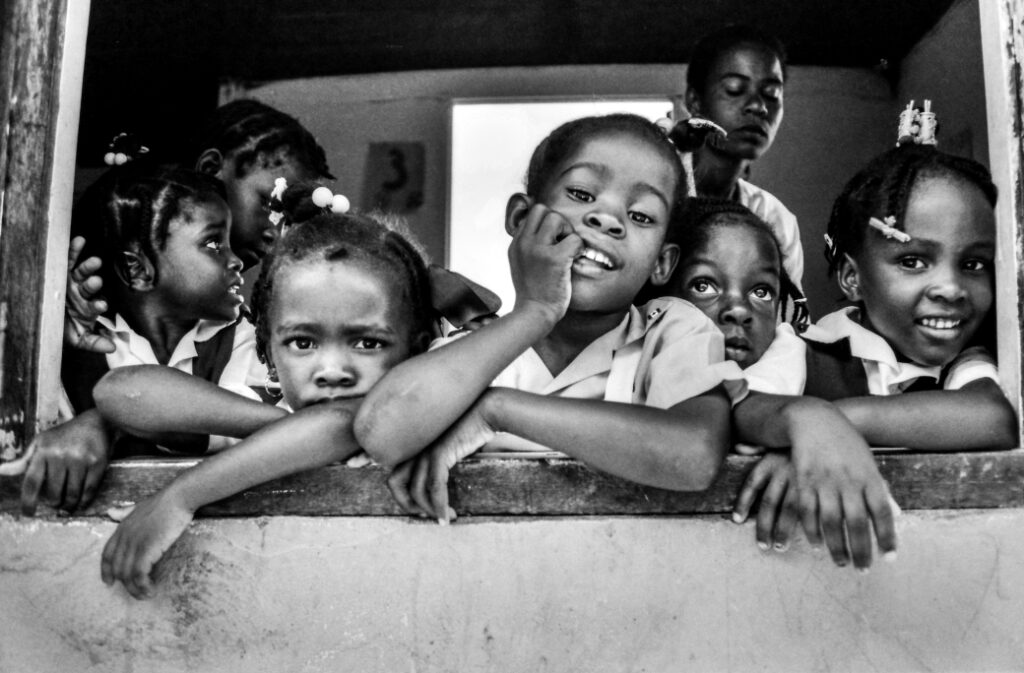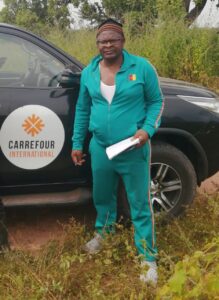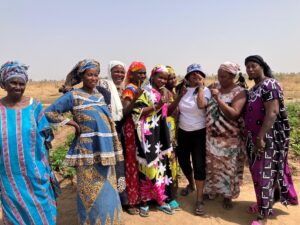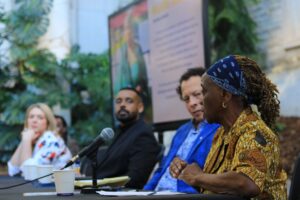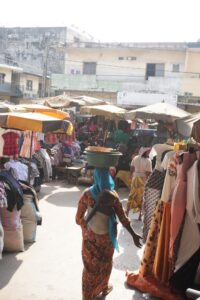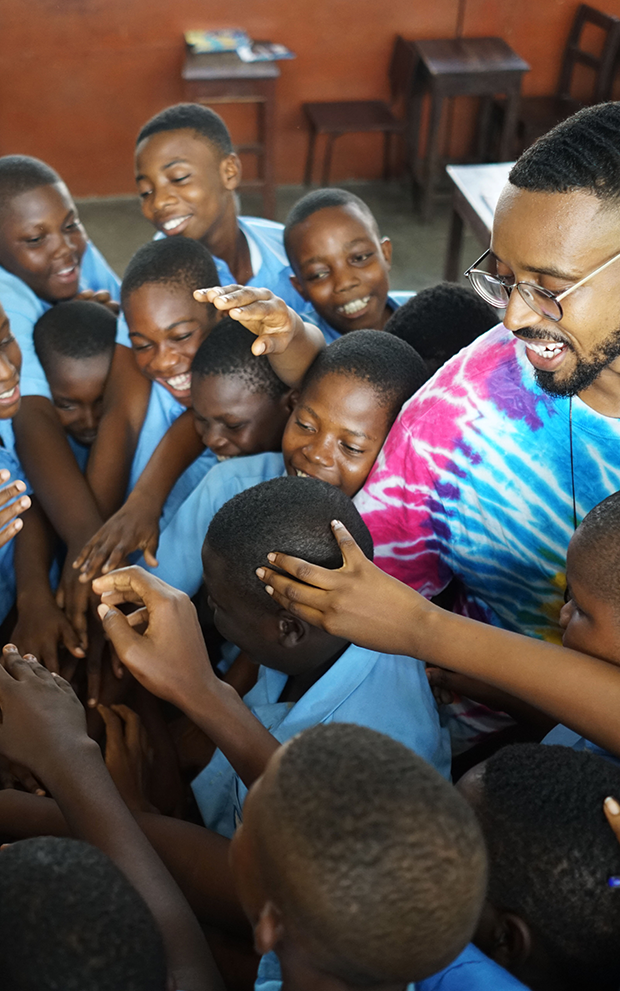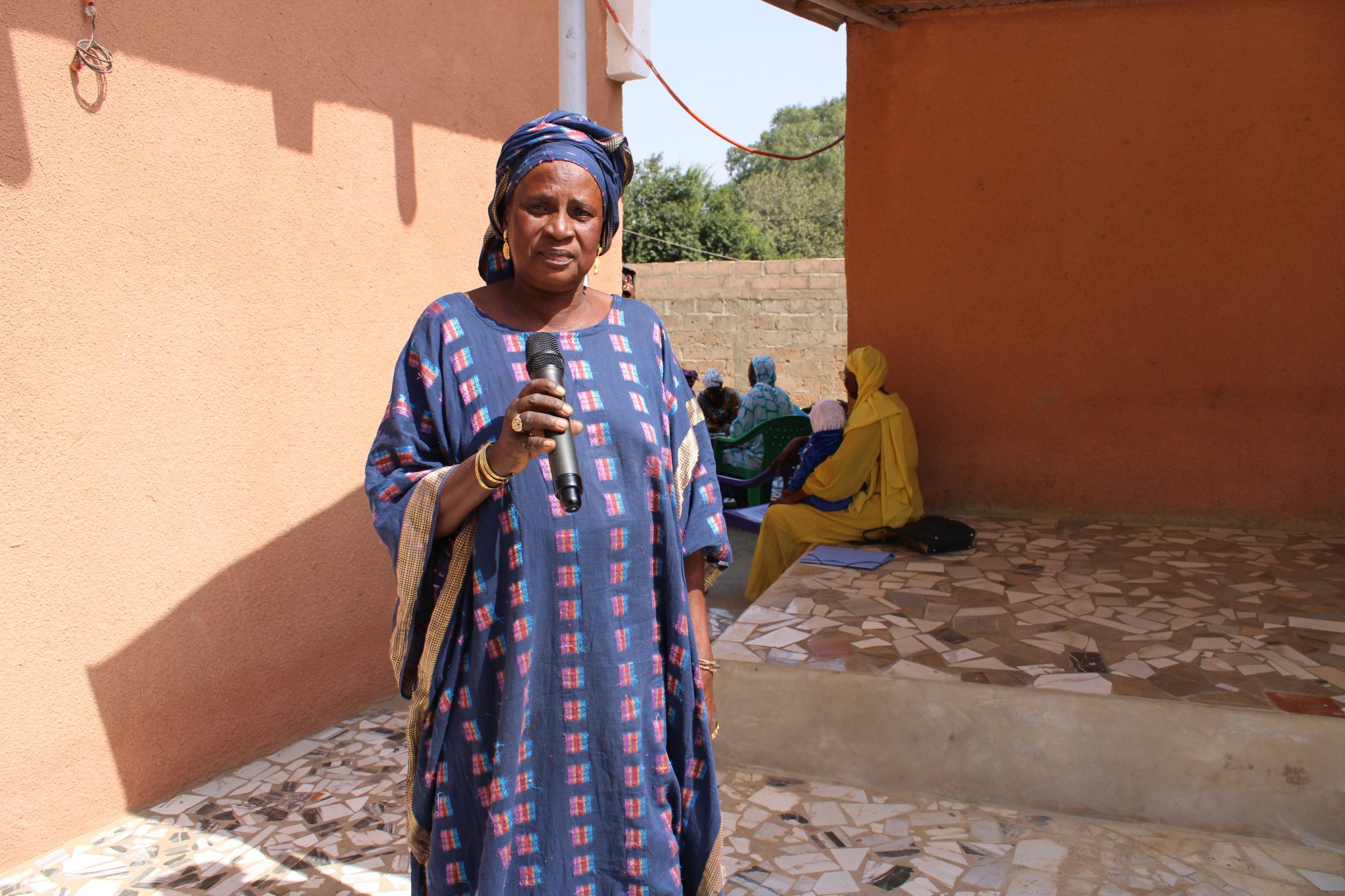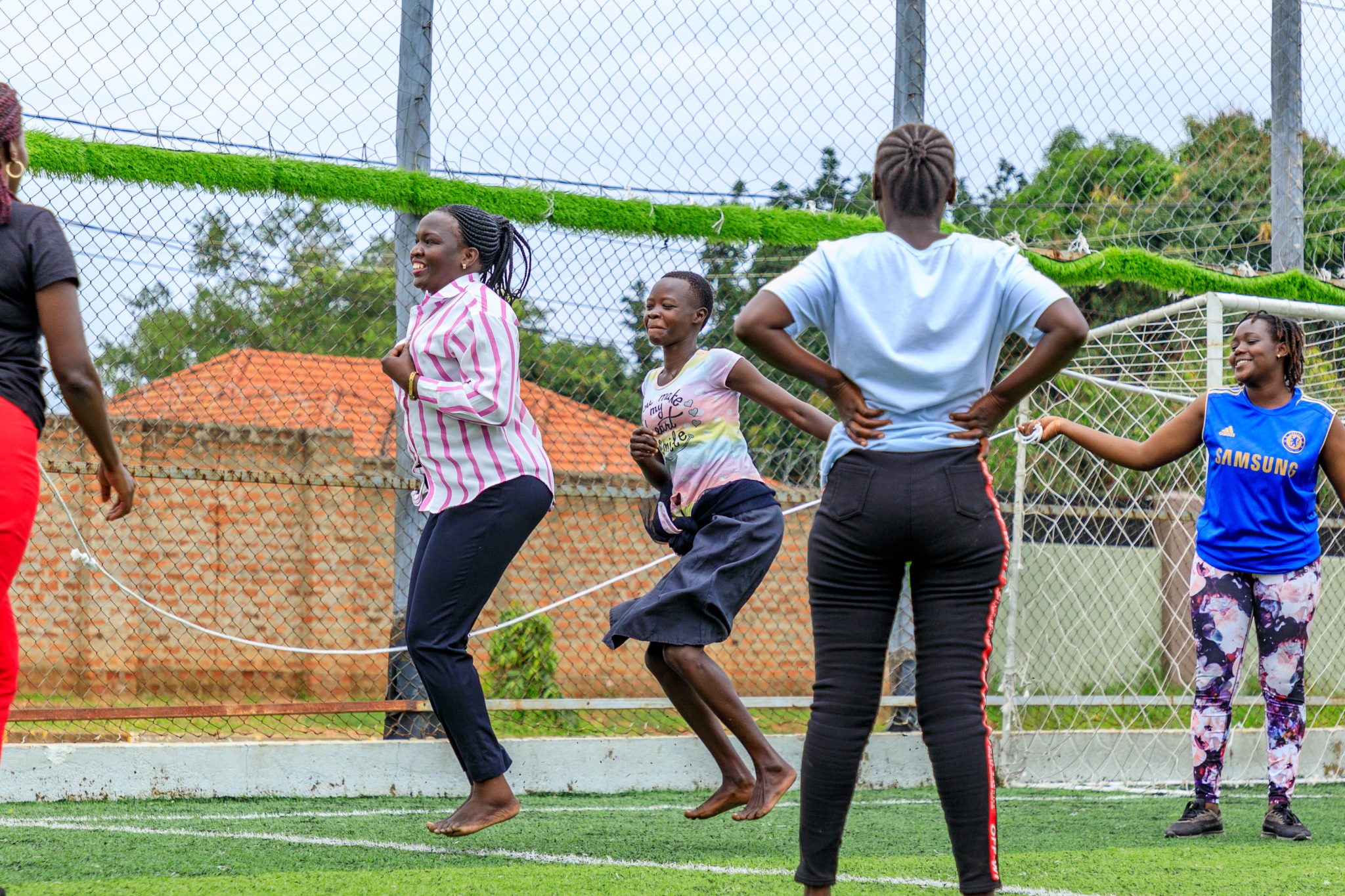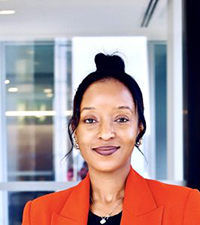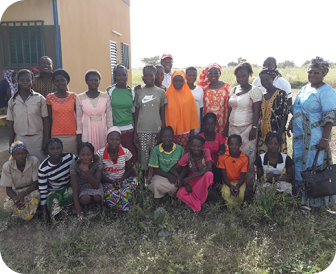Our responsibilities as global citizens do not wane.
While our bubbles become smaller due to the COVID-19 pandemic and our social circles narrow in an effort to reduce local outbreaks – the wider world still beckons with all its threats and promise for a better future.
I was reminded of this in a poignant call to action by the United Nations Secretary-General’s campaign:
Violence against women and girls is not on pause.
This message underscores how, with public attention focused squarely on preventing the spread of the virus, the pandemic of violence against women and girls continues unabated — in Canada and among the most vulnerable women and girls in some of the poorest countries in the world.
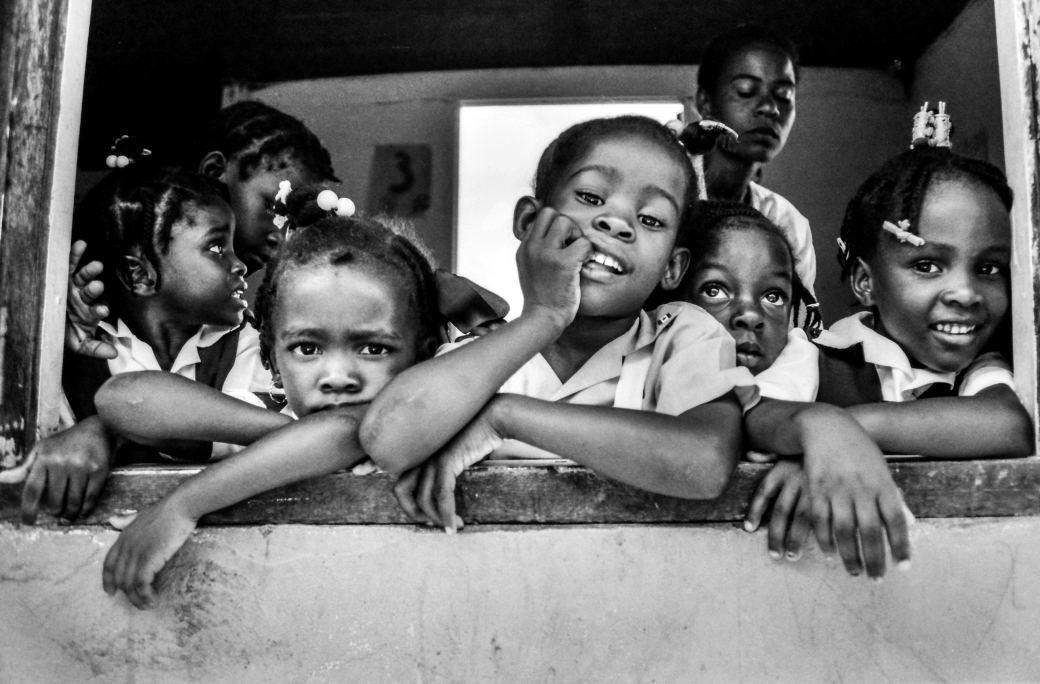
THE PANDEMIC MAGNIFIES THREATS TO WOMEN AND GIRLS IN SOUTHERN AFRICA
Poverty and domestic violence both rise dramatically, specific threats to women and girls in the South are magnified. School closures due to lockdowns have increased the risk of sexual exploitation; unintended teen pregnancies and early marriages may lead to girls never returning to class; as the end of the year approaches, we know that many girls will be victims of Female Genital Mutilation, some may die.
While these facts bear stating, I want to focus on the promise of the wider world – people like you, cooperating with your fellow global citizens, to affect change.
The 16 Days of Activism against Gender-Based Violence is a global, grassroots campaign of activism. The annual campaign kicks off on 25 November, the International Day for the Elimination of Violence against Women, and runs until 10 December, Human Rights Day.
The UN has identified a four-point plan to focus citizens, governments, and civil society organizations in responding effectively to end violence against women, acknowledging how COVID-19 has exacerbated this crisis: Fund, Respond, Prevent, and Collect.
16 DAYS OF ACTIVISM with CROSSROADS INTERNATIONAL
At Crossroads, we are working to deliver change within this framework. Here’s how:
While still in the first wave of the pandemic, Crossroads was active in seeking out partnerships and initiatives to allow us to fund and respond to programs that can recognize and reduce violence against women and girls, now. The Canadian government has stepped up globally and we are leveraging existing partnerships, both public and private, to support on the ground collaborations. This includes rapid research with WiLDAF-AO on the impact of the COVID-19 pandemic on women, designed to bring a gender lens to public policies that address COVID-19 in Côte d’Ivoire, Ghana, and Togo.

Crossroads has long focused on how to prevent the conditions for violence and abuse from manifesting. Our Girls’ Empowerment Clubs in eSwatini, Burkina Faso, Togo, and Ghana support girls to know and exercise their rights over their own bodies and provide opportunities for further education. The success of the clubs has led to programs geared specifically for boys. We encourage female entrepreneurship in places like Senegal, Togo, and Tanzania so women can escape poverty – a key lever of control in violence, forced marriage, and FGM.
To ensure both the integrity and sustainability of our work, it is essential to collect data on our work. A recent partnership is one such example. With our supporting partners in Senegal, we will be able to map and monitor the presence and situation of vulnerable children, youth and women in the mining regions of Kedougou.
THE FIGHT FOR EQUALITY AND JUSTICE CONTINUES
This is important work, but as I have noted before, the fight for equality and justice is the domain of us all. The pandemic has constrained volunteerism but not advocacy. All the stresses of the pandemic can cause us to turn inward, to be more guarded. We must resist.
Our responsibilities as global citizens do not wane. There are ways to act from the comfort of your own home. Please join us in participating in 16 Days of Activism against Gender-Based Violence.

